How To Clean A Panini Press: Everything You Need To Know
Embarking on your journey of crafting the perfect panini begins with a crucial step – keeping your panini press clean. This kitchen gadget, responsible for turning simple sandwiches into crispy, delicious meals, performs best when it’s well-maintained. A clean panini press ensures that your sandwiches are hygienic and safe to eat, and improves the overall taste and quality of your food. Regular cleaning prevents the buildup of food residues and bacteria, which can affect the flavor of your panini and potentially harm your health. Moreover, it extends the lifespan of your press, ensuring that it remains a reliable tool in […]
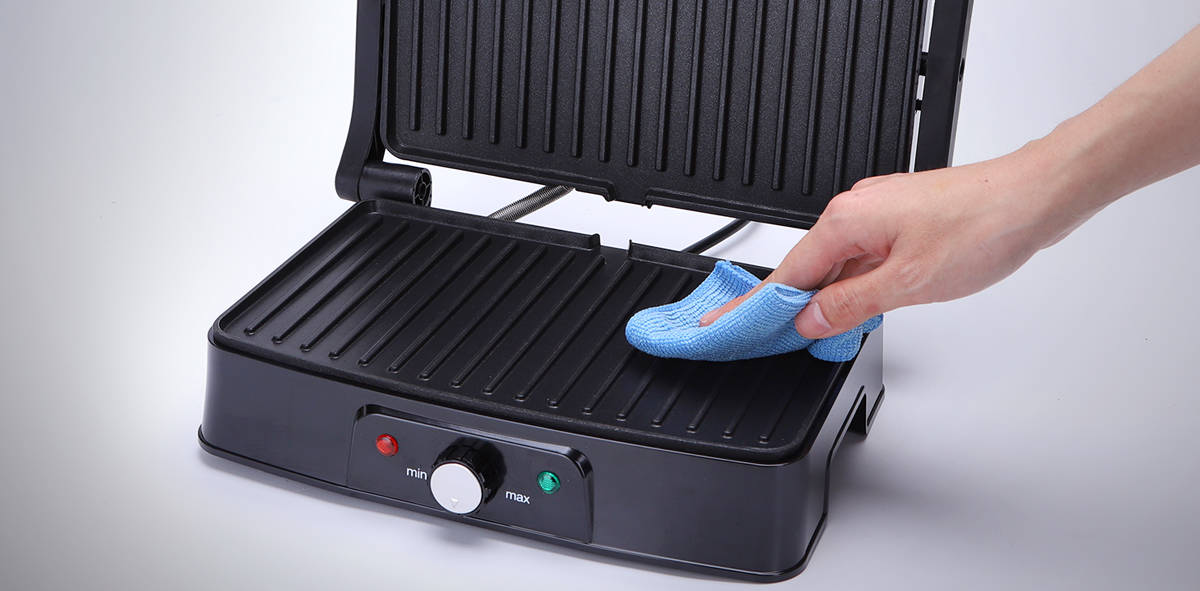
Embarking on your journey of crafting the perfect panini begins with a crucial step – keeping your panini press clean. This kitchen gadget, responsible for turning simple sandwiches into crispy, delicious meals, performs best when it’s well-maintained. A clean panini press ensures that your sandwiches are hygienic and safe to eat, and improves the overall taste and quality of your food. Regular cleaning prevents the buildup of food residues and bacteria, which can affect the flavor of your panini and potentially harm your health. Moreover, it extends the lifespan of your press, ensuring that it remains a reliable tool in your culinary arsenal. Understanding the importance of a clean panini press is the first step towards achieving those golden, toasty, and scrumptious panini sandwiches every time. Today, we will show you how to clean a panini press like a pro.
A clean panini press ensures that your sandwiches are safe to eat and improves the overall taste

How To Clean a Panini Press
To effectively clean your panini press, it’s important to understand its type and the specific parts that require attention. Various models of panini presses are available in the market, from basic ones to advanced versions with multiple features. Each type may have different cleaning needs based on its design and functionality. Knowing the anatomy of your panini press, such as the grill plates, drip tray, and exterior casing, is crucial. Each component plays a vital role in the operation of the press and, therefore, requires specific cleaning methods. For instance, removable plates might be dishwasher safe, while fixed plates may need careful hand cleaning. Familiarizing yourself with these aspects will enable you to tailor your cleaning process to maintain and prolong the life of your panini press effectively.
Various models of panini presses are available in the market
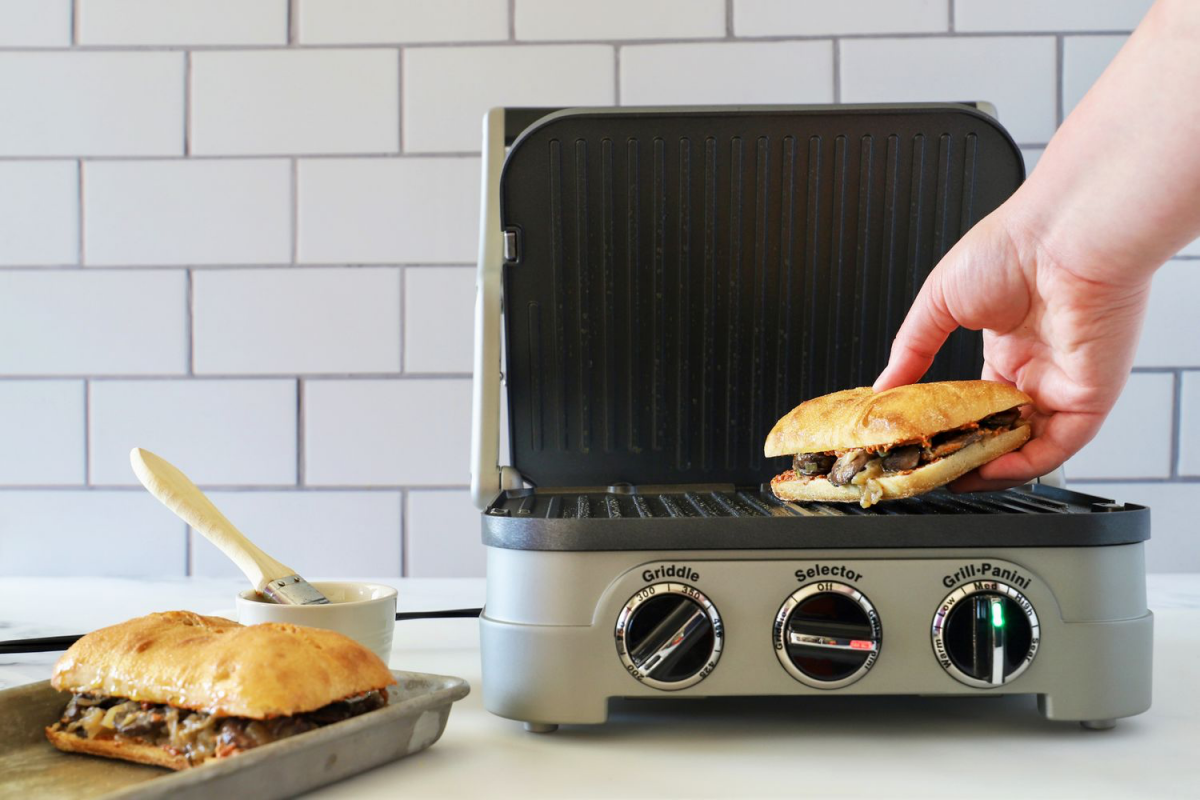
Pre-cleaning preparations
Before you begin cleaning your panini press, safety should be your top priority. Ensure that the appliance is unplugged and has completely cooled down to avoid any risk of burns or electrical hazards. This precaution is necessary for a safe and effective cleaning process. Once safety is assured, the next step is to gather all the essential cleaning supplies. These might include a soft cloth or sponge, a gentle cleaning agent, a non-abrasive scrubber, and possibly a toothbrush for tight spaces. Having these supplies on hand before you start will make the cleaning process more efficient and prevent any damage to your panini press. This preparation stage is crucial in setting you up for a successful cleaning session, ensuring that your press is cleaned thoroughly and safely.
Ensure that the appliance is unplugged and has completely cooled down
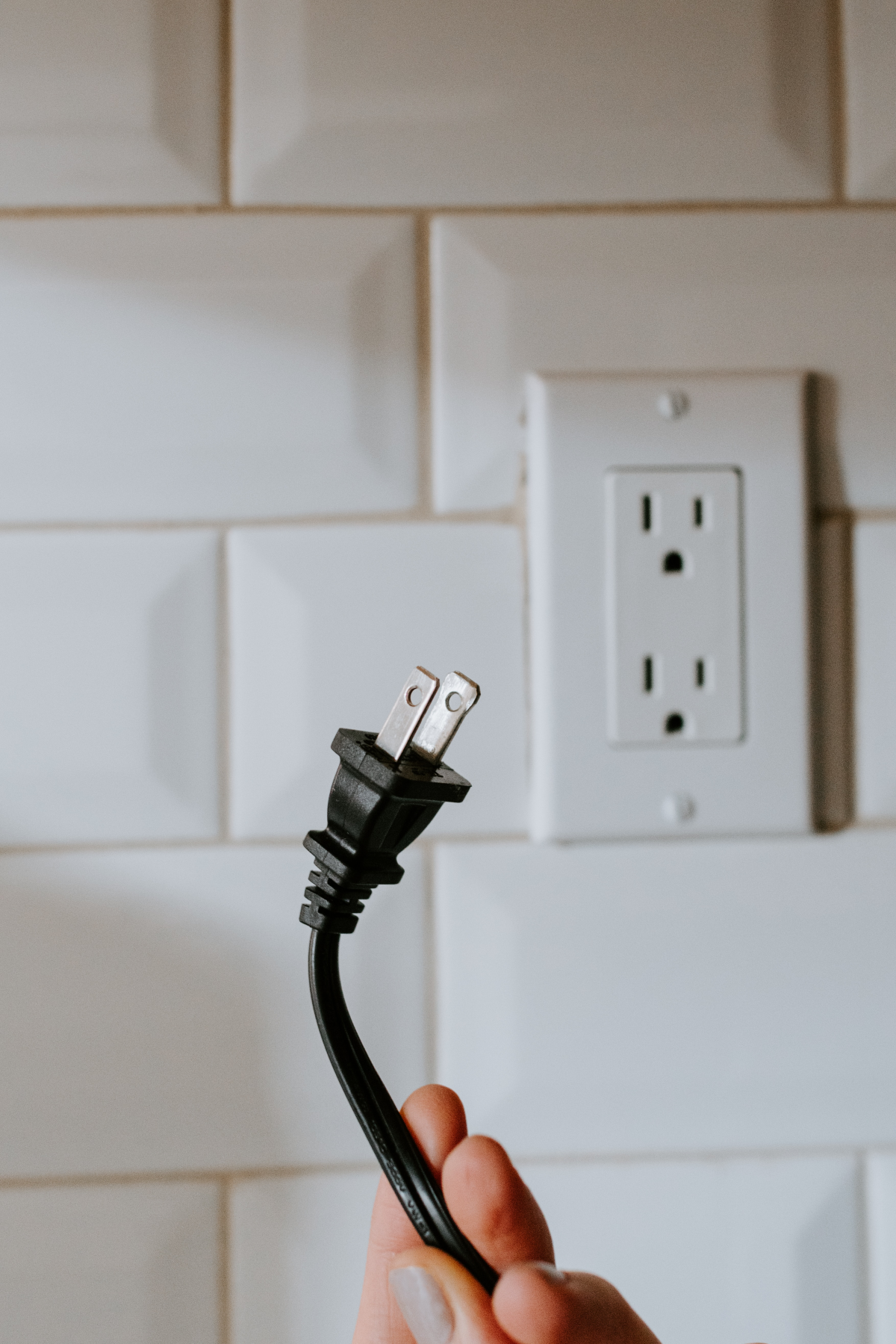
The cleaning process
Cleaning your panini press is a multistep process that begins with wiping down the exterior and interior surfaces to remove crumbs and light grease. For tougher stains and built-up grease, especially on the grill plates, a more intensive approach is required. Using a non-abrasive scrubber and a suitable cleaning solution, gently scrub the surfaces to loosen and remove stubborn residues. Pay special attention to the grill plates, as they are the most used part of the press and can accumulate the most grime. If your panini press has removable plates, you might be able to soak them in warm soapy water for a more thorough clean. Ensuring that every part of the press, especially the cooking surfaces, is free from food particles and grease not only maintains hygiene but also preserves the quality of your panini sandwiches.
Cleaning your panini press is a multistep process
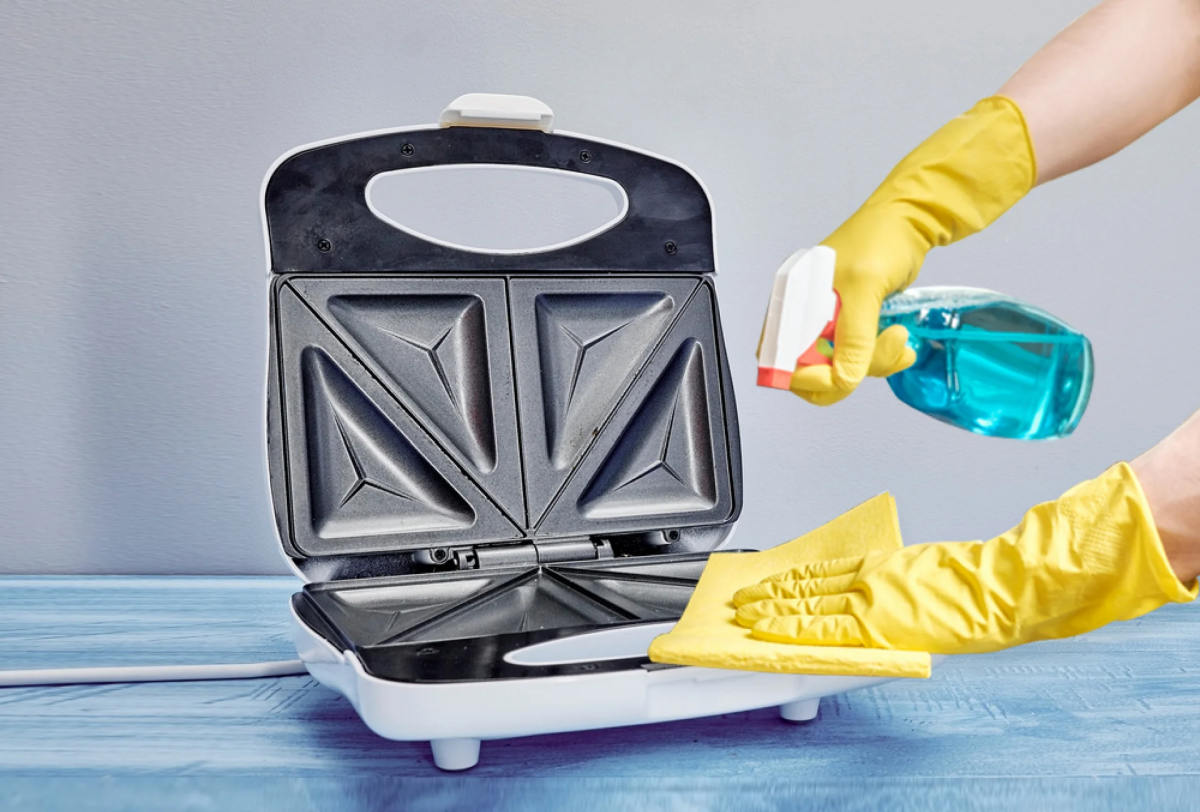
Natural cleaning solutions
For those preferring natural cleaning solutions, vinegar and baking soda are excellent choices. They are eco-friendly, easily available, and effective in cutting through grease and neutralizing odors. Create a cleaning paste with baking soda and water or use a vinegar solution to wipe down the press. Another natural cleaning duo is lemon juice and salt. The acidity of lemon juice helps break down grease, while salt acts as a gentle abrasive. These natural cleaners are not only good for the environment but also safe for use on food-contact surfaces. Incorporating these eco-friendly solutions into your cleaning regimen is a great way to keep your panini press clean while reducing the use of harsh chemicals.
Create a cleaning paste with baking soda and water
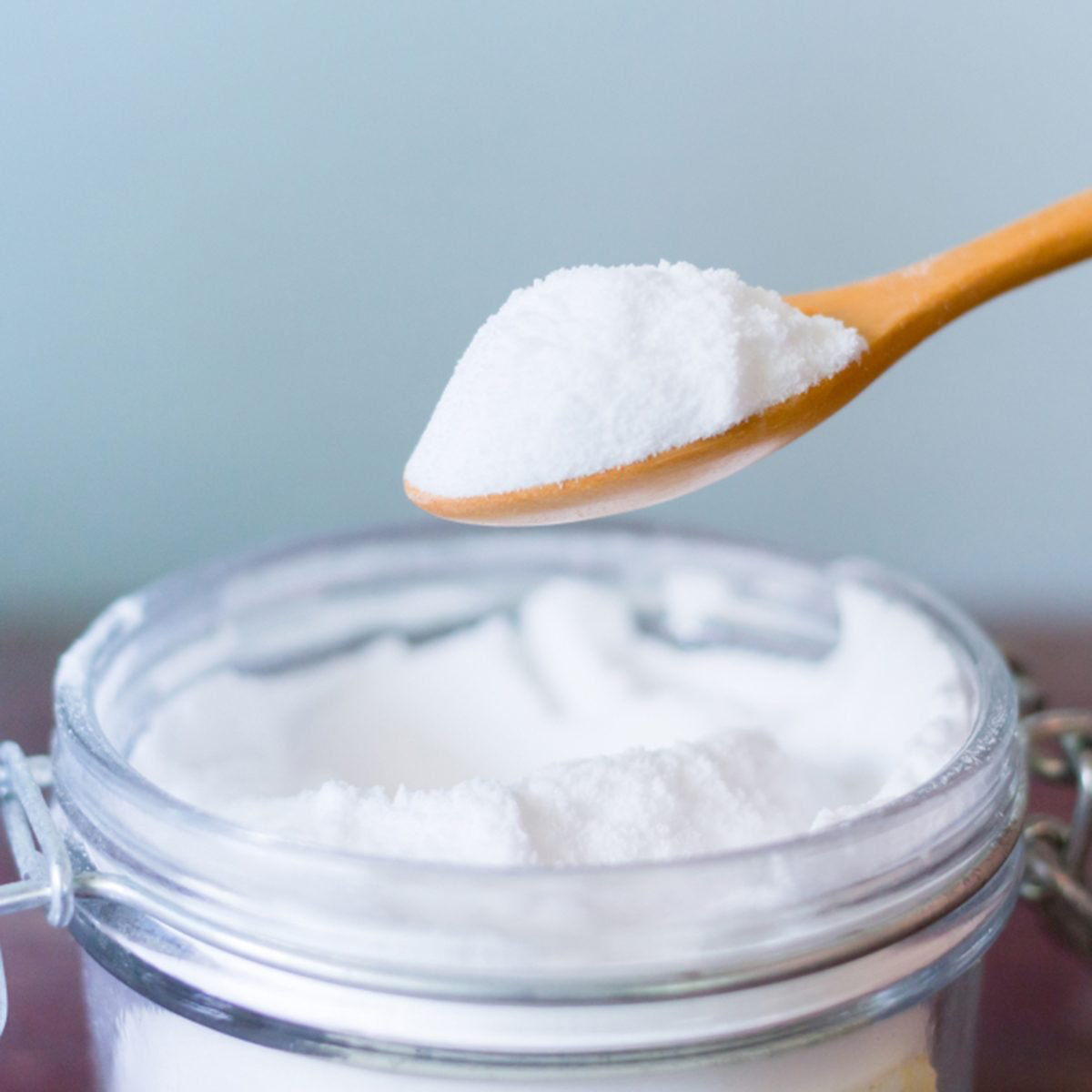
Aftercare
After thoroughly cleaning your panini press, it’s important to dry it completely to prevent any water spots or rusting. Use a soft, dry cloth to wipe down all surfaces, paying extra attention to any crevices where water might collect. Once dry, reassemble your panini press, ensuring that all parts are securely in place. Proper storage is also crucial in maintaining your press’s condition. Store it in a clean, dry place, away from moisture and dust. If your press has a cord, wrap it neatly to avoid damage. Taking these aftercare steps not only keeps your press in good working condition but also readies it for its next use, making your panini-making process smoother and more enjoyable.
Use a soft, dry cloth to wipe down all surfaces
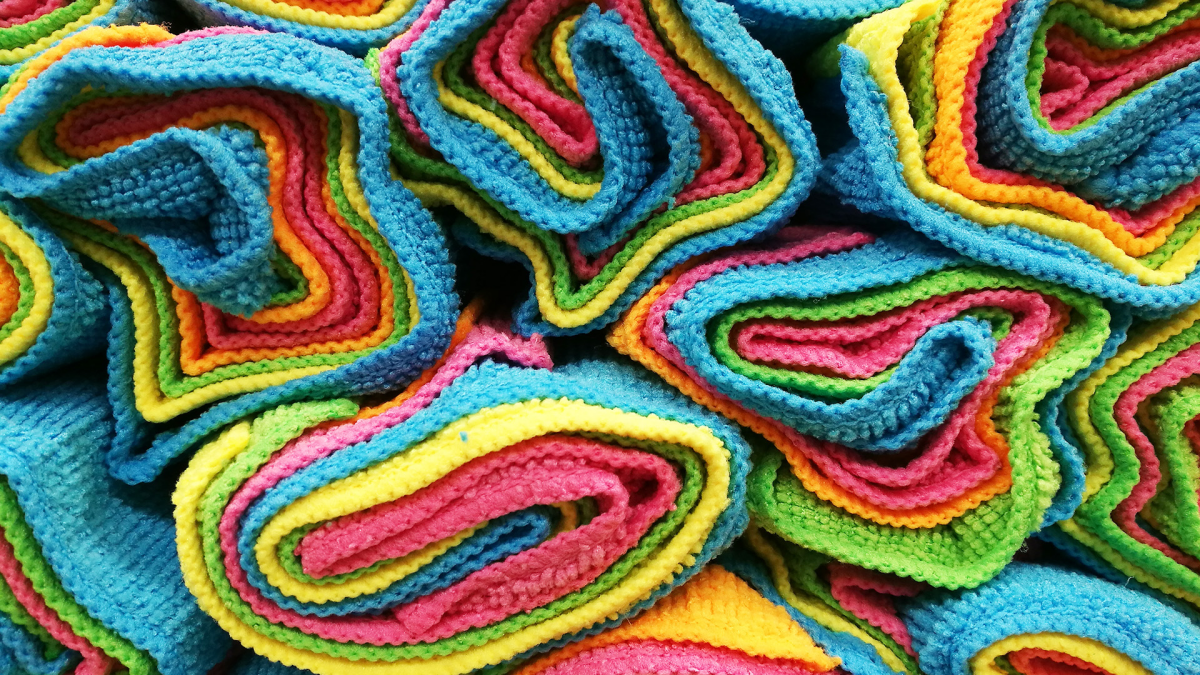
Maintenance tips
To extend the lifespan of your panini press and ensure it operates at its best, regular maintenance is key. This includes routinely checking for any wear or damage and addressing minor issues before they become major problems. Implementing preventative measures can also help keep your press cleaner for longer. For example, using parchment paper or a light coating of oil can reduce food residue buildup. Avoiding overly sticky or sugary ingredients that can harden on the plates is also advisable. By practicing these maintenance tips, you can minimize the frequency of deep cleanings and maintain a well-functioning panini press.
Regular maintenance is key to extending the lifespan of your panini press
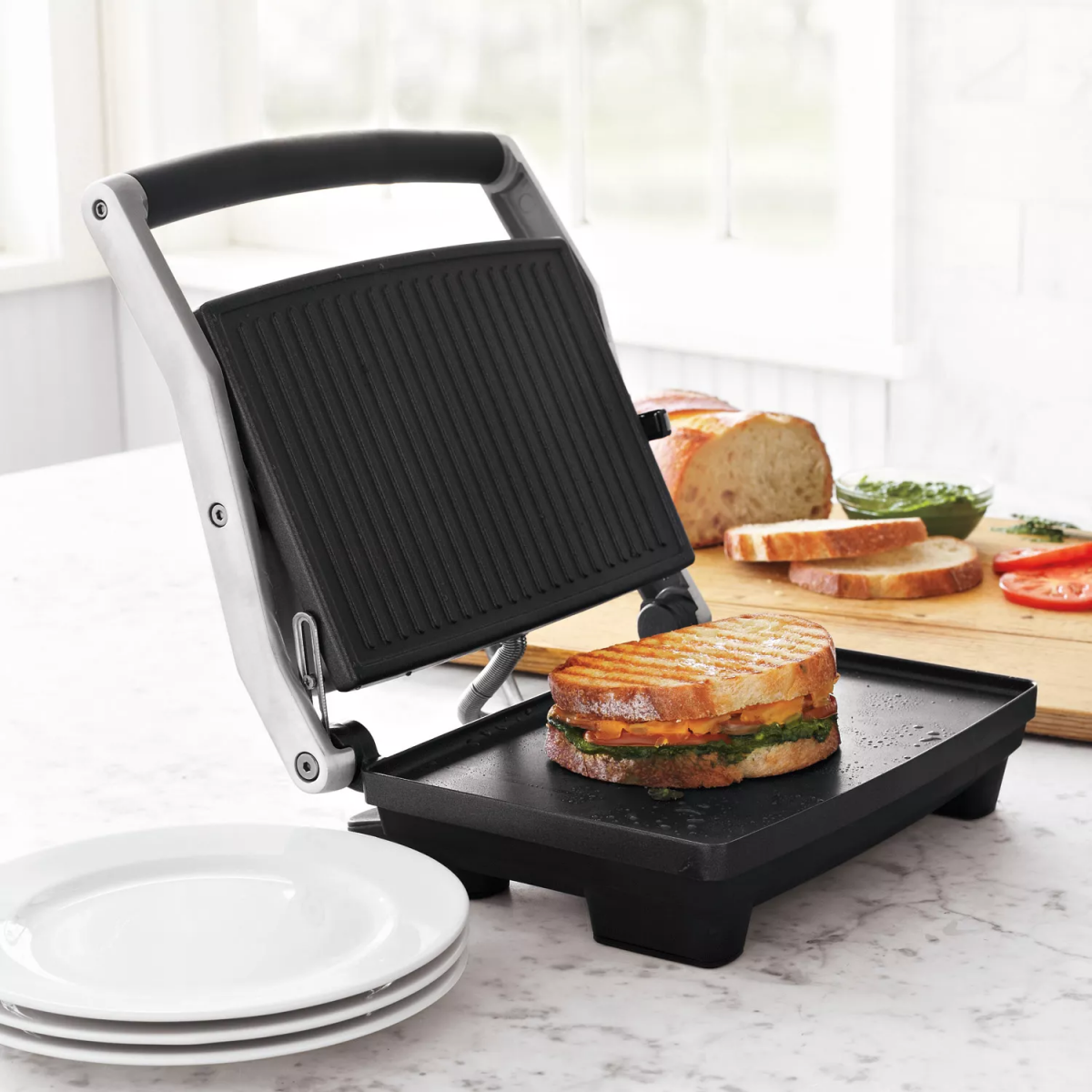
Dealing with common issues
Encountering burnt-on food and unpleasant odors is common in panini press usage. For burnt-on messes, soaking the plates (if removable) or applying a baking soda paste can be effective in loosening the residue. Using a gentle scrubber can help remove these tough spots without damaging the surface. To address odors, a thorough cleaning followed by wiping the press with a vinegar solution can help neutralize persistent smells. Regular cleaning and immediate attention to spills and splatters can prevent these issues from becoming severe, ensuring your panini press remains clean and odor-free.
Encountering burnt-on food and unpleasant odors is common in panini press usage

Going the extra mile
For those who use their panini press frequently, deep cleaning is essential to keep it in top condition. This involves disassembling the press, if possible, and using specialized cleaning tools like a steam cleaner or a detailed brush to reach every nook and cranny. Innovative cleaning tools like silicone scrubbers or microfiber cloths can also enhance the cleaning process, providing a thorough clean without scratching the surfaces. These advanced techniques ensure that even the most used panini presses are kept sparkling and function efficiently.
Deep cleaning is essential to keep your press in top condition
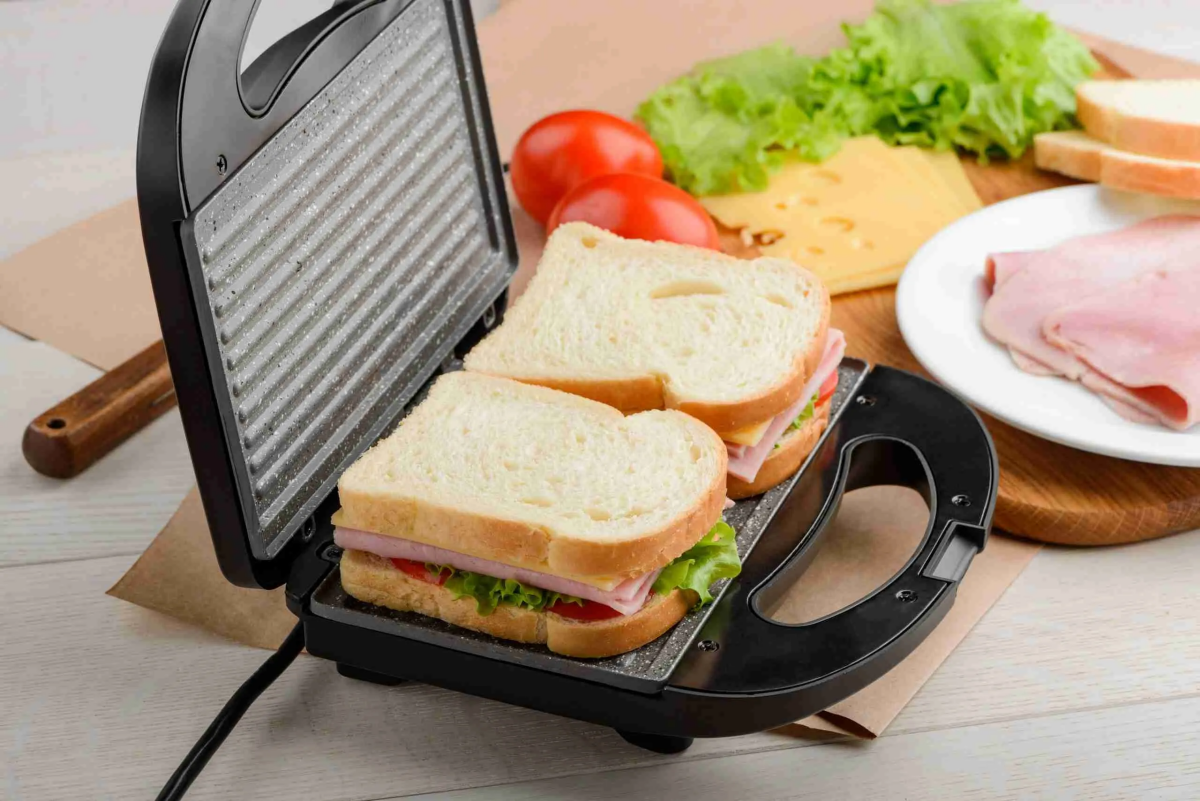
Special considerations
Cleaning non-removable plates in a panini press can be a bit of a challenge, but with the right approach, it’s entirely manageable. The key is to clean effectively while ensuring the safety and longevity of the appliance. When dealing with non-removable plates, the first step is to ensure the press is unplugged and completely cool to avoid any risk of electrical hazards or burns. Use a damp cloth or sponge to gently wipe down the plates, being cautious not to let water seep into the electrical components. For tougher residues, a mixture of baking soda and water can be applied to the plates, allowed to sit for a few minutes, and then wiped clean, providing a gentle yet effective cleaning solution.
For coated or non-stick surfaces, it’s crucial to use non-abrasive tools and cleaning agents. Harsh scrubbers or abrasive chemicals can damage the non-stick coating, reducing the effectiveness and lifespan of your panini press. Soft sponges or cloths are ideal for these surfaces. If food residue is stubborn, allowing a bit of warm, soapy water to sit on the surface before wiping can help loosen it without the need for vigorous scrubbing. Regular cleaning after each use is the best way to maintain these surfaces, preventing buildup and ensuring your panini press remains in top condition for delicious, evenly cooked meals every time. By taking these steps, you can keep your panini press clean and functioning efficiently, ensuring a high-performing appliance ready for your next culinary creation.
Cleaning non-removable plates requires a careful approach
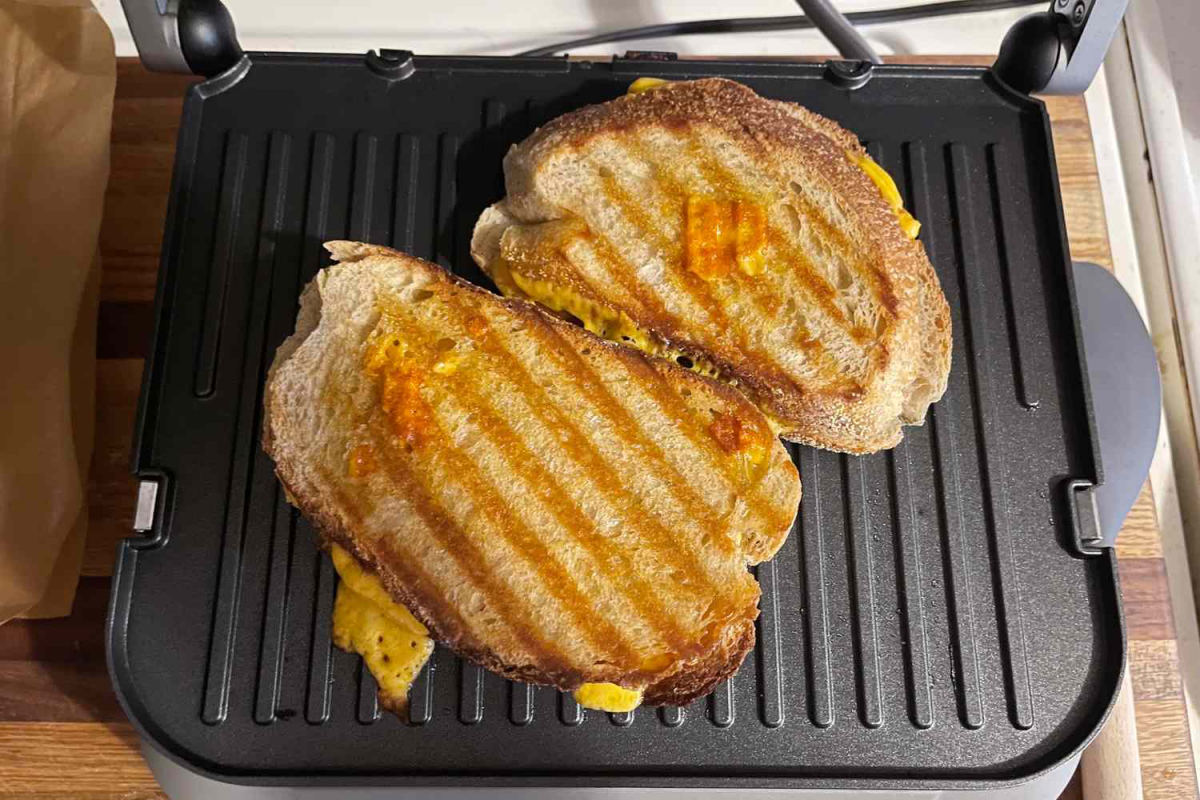
Bonus tips
Maintaining your panini press with minimal effort is all about incorporating quick and easy cleaning hacks into your routine. One effective practice is to give the press a quick wipe-down after each use. This simple step can prevent residue buildup, making it easier to keep the press clean over time. Additionally, using parchment paper or other liners when cooking can catch drips and spills, reducing the need for frequent deep cleans. Beyond its traditional use for making sandwiches, your panini press can be a versatile tool in the kitchen. It’s perfect for grilling vegetables, adding those appetizing grill marks and enhancing their flavor. You can also experiment with quick desserts, like pressed fruit turnovers or grilled pound cake. By exploring these creative uses, you not only make the most out of your panini press but also add variety and excitement to your cooking repertoire.
One effective practice is to give the press a quick wipe-down after each use
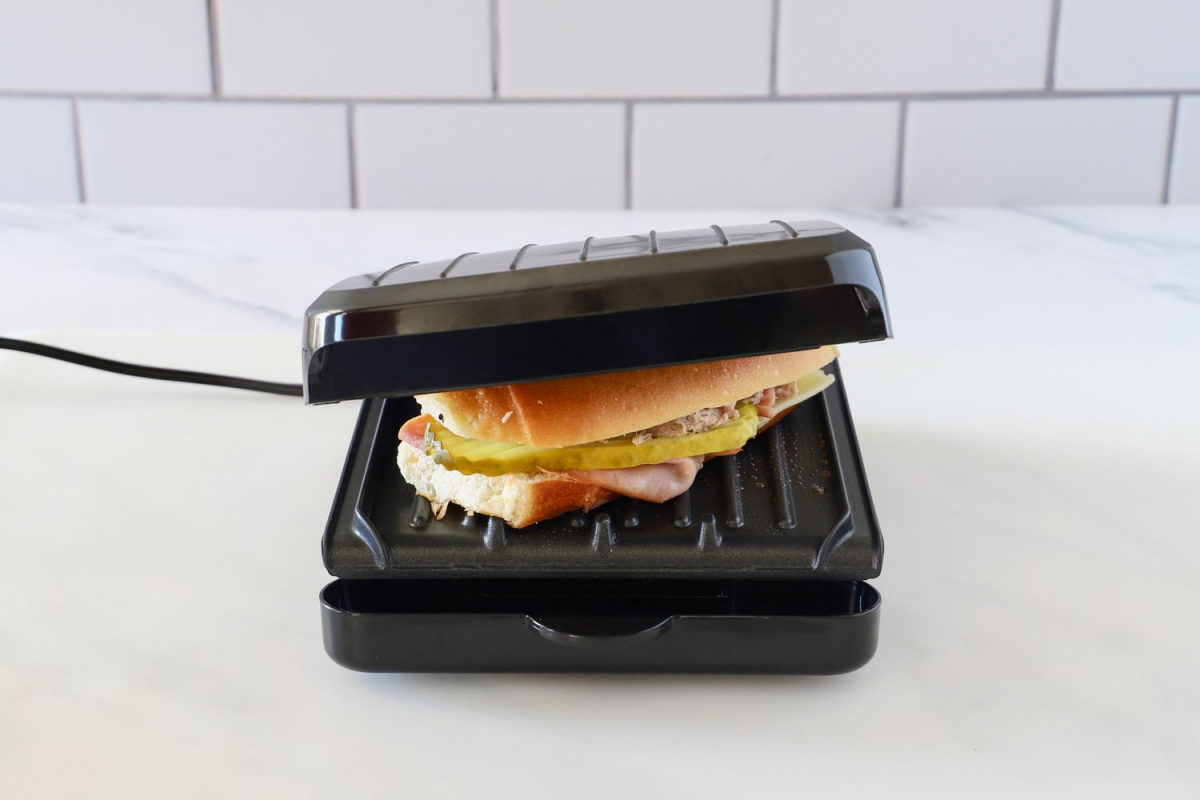
In conclusion, maintaining a clean panini press is essential for anyone passionate about creating delicious grilled sandwiches and more. Now you know how to clean a panini press like a pro. Regular cleaning and maintenance not only enhance the flavor and quality of your food but also transform the simple act of grilling into an enjoyable experience. So, embrace the clean press lifestyle, and get ready to grill with your like-new panini press. Enjoy the unmatched taste and satisfaction that comes with using a well-maintained kitchen appliance.
Now you know how to clean a panini press like a pro

